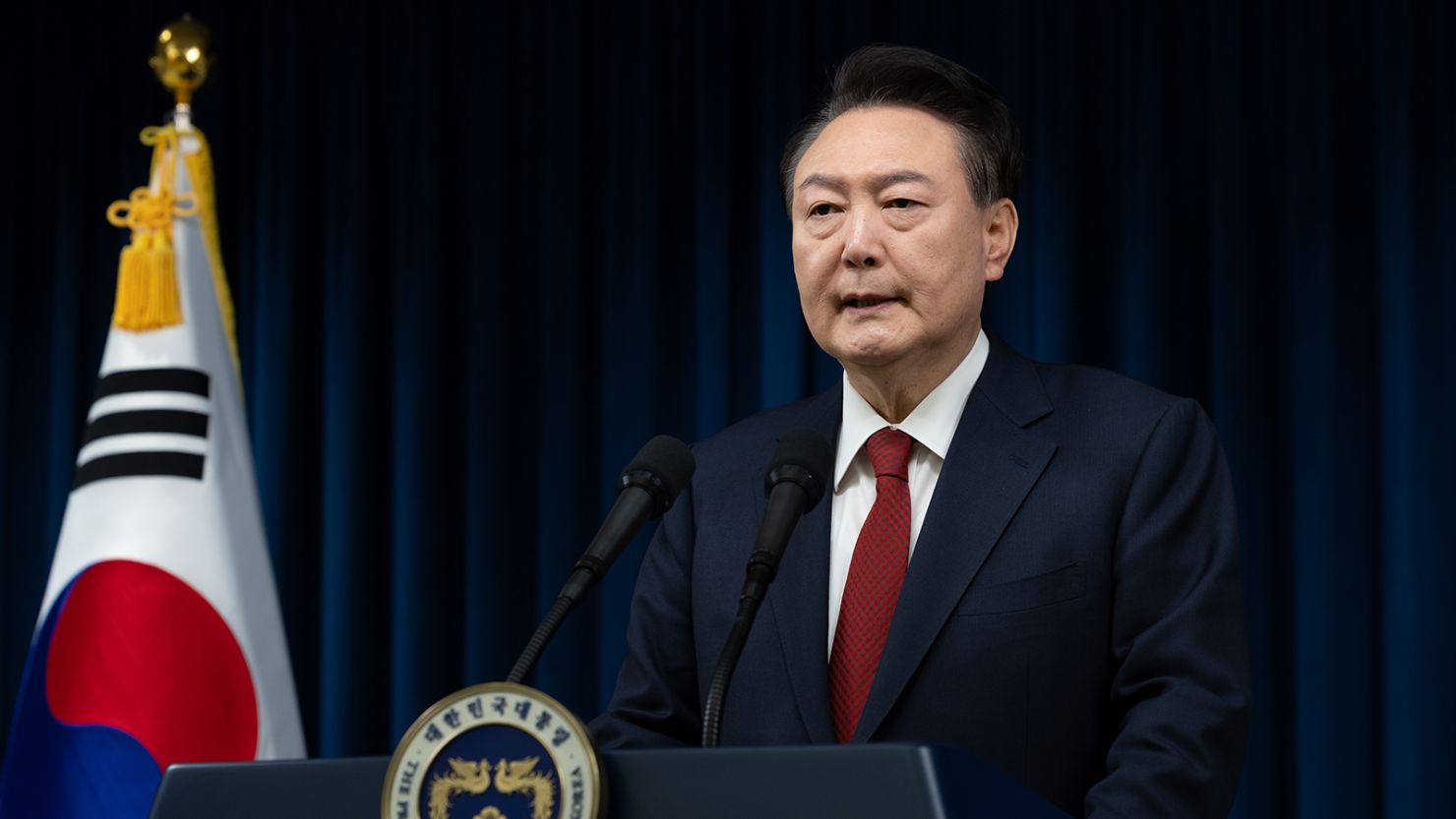In a significant development, South Korean lawmakers have impeached President Yoon Suk-yeol amid allegations that he suggested imposing martial law to address domestic unrest. The impeachment vote, which passed with a considerable majority, has plunged the nation into political chaos, leading to Prime Minister Han Duck-soo taking over as the interim leader.
The move to impeach President Yoon follows increasing criticism regarding his administration’s approach to internal security and escalating tensions with political rivals. The contentious proposal for martial law reportedly emerged during a crucial cabinet meeting, igniting outrage among legislators and the public alike.
As the interim leader, Prime Minister Han now faces the urgent task of stabilizing the government while maneuvering through the intricate political landscape of the nation. This impeachment represents a pivotal moment for South Korea’s democracy, underscoring the growing rift between the ruling party and the opposition.
Observers are keenly monitoring the Constitutional Court, which will determine whether to uphold the impeachment. If upheld, President Yoon will be permanently ousted from office, leading to new elections for a successor. This situation has also reignited discussions about the boundaries of presidential authority and the necessity of checks and balances within South Korea’s political framework.





